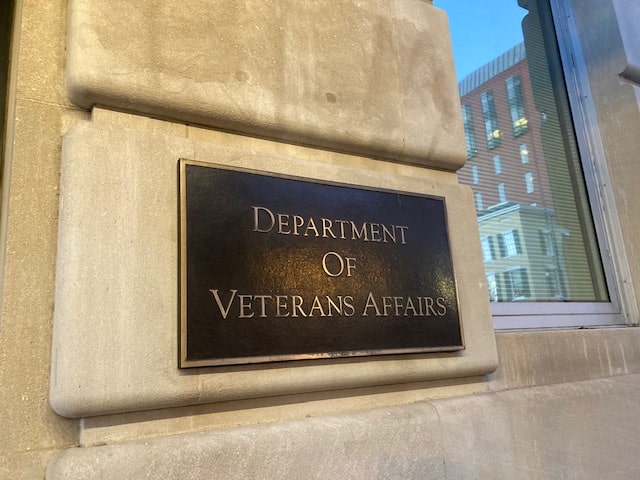On April 19, Special Counsel of the Office of Special Counsel (OSC) Henry J. Kerner sent a letter to President Biden notifying him of a whistleblower’s allegations of wrongdoing at the John L. McLellan Memorial Hospital, a Department of Veterans Affairs (VA) hospital in Little Rock, Arkansas.
The Whistleblower’s Allegations
The whistleblower is a Health Technician. She agreed to have her name released, though the public version of the letter redacts her name. She “alleged that VA nursing staff failed to conduct and record the results of chlorine concentration tests of dialysis water systems in accordance with agency policies,” according to the letter. Kerner writes that after reviewing agency reports and the whistleblower’s allegations, he found the findings of the reports “reasonable.”
According to the whistleblower, “chlorine tests must be conducted in the morning prior to dialysis treatment, once every four hours thereafter, and at the end of the work shift.” Having “safe and clean” water for use in dialysis is vital for dialysis patients, the letter states: thus, testing of water used for dialysis ensures that there are no chemical disinfectants. The whistleblower alleged “that the testing log was incomplete and that she observed backdating of test results by VA employees and management,” Kerner’s letter reads.
The whistleblower also claimed that “single-use intravenous medication was administered to multiple patients and improperly stored between uses.” Additionally, she alleged that “VA employees regularly consumed food and beverages in the dialysis unit clinical area, in violation of agency policy.”
Investigation and Findings
The VA’s Office of the Medical Inspector conducted an investigation, which was published on February 22, 2021. The report from the investigation substantiated the allegations “that VA staff did not consistently conduct and record chlorine concentration tests of the dialysis water system.” The report also stated that the investigation “found evidence that testing is not consistently occurring at 4:00pm when patients are still receiving dialysis treatment.” Furthermore, the report states that investigators “also found evidence of missing required information in the daily routine total chlorine monitoring log.”
The report also substantiated the claims that food and beverages were present “in the dialysis unit clinical area,” which the report explains “is an area with high exposure or potential exposure to blood.” The report notes that investigators substantiated the presence of food but did not actually see food or beverages being consumed in the area.
The report failed to substantiate the allegations that “VA management officials approved the falsification of dialysis machine daily maintenance logs,” but Kerner writes in his letter that in an update to OSC, the investigation acknowledged “that employees may have ‘forgotten to annotate the results in the log at times and filled it in the next day.’” Additionally, the report did not substantiate the whistleblower’s allegations that there was “a failure to properly dispose of and store intravenous medications in the dialysis unit,” according to the document.
Agency Action
Kerner writes: “In response to the investigation, the agency implemented corrective actions including updating the facility’s standard operating procedures for chlorine testing of the dialysis water systems and by conducting an audit of the testing log until achieving 100% compliance for six consecutive months. In addition, the agency is providing education to staff concerning dialysis procedures, syringe labeling procedures, and the prohibition on food and beverage in designated clinical areas.”
In his letter, he states that the whistleblower “generally agreed” with the conclusions in the report but thought “that the agency should have substantiated her allegation that VA employees backdated or falsified the testing log based on the photographs and testimony she provided to investigators.”
Kerner expresses his gratitude towards the whistleblower for bringing her allegations to OSC in his letter to President Biden. “Based on the foregoing, I have determined that the reports meet all statutory requirements and that the findings appear reasonable,” he writes.
“I thank the whistleblower for coming forward with these serious allegations,” Kerner said in the OSC press release. “Patients undergoing dialysis are often immunocompromised and at a higher risk of infection. Because the whistleblower spoke up, steps are being taken to protect patients by ensuring the dialysis water system is tested regularly and the hospital’s clinical areas are kept clean.”
Read Kerner’s letter to President Biden here.
Read more about government and VA whistleblowers on WNN.
